Seed Saving
Happy Saturday! This newsletter includes a reminder to place your order and a little bit about seed saving.
Market ordering closes on Monday. Don’t forget to place your order!
Beautiful fruits, plants, meats, and veggies in the market this week. Be sure to check out Open Food Network for more!
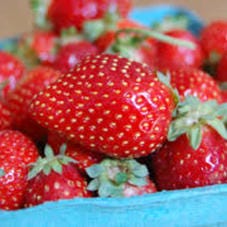
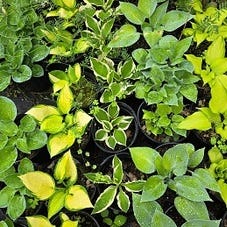
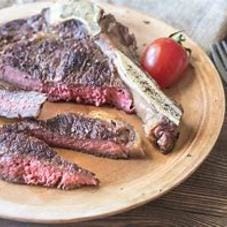
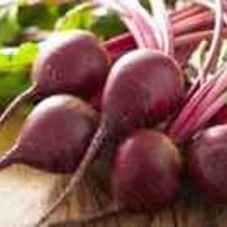
Seed Saving
Not only is seed saving the process of storing and preserving seeds, but it is the process of storing and preserving culture.
Indigenous communities relied on seed saving for 10,000 years and people continue to save seeds to this day. However, with the rise of industrial agriculture over the last century, the practice of seed saving has become much rarer, costing us genetic diversity and food security. Over the course of 80 years, between 1903 and 1983, the United States lost over 93 percent of its seed diversity.
Some of the benefits of seed saving include:
Preserving of genetic diversity and heirloom varieties
Limiting of the seed monopoly
Supporting pollinators
Protecting culture
Increasing self-sufficiency
Providing ecological resilience and food security
In addition to losing its popularity, seed saving has even become criminalized for some farmers despite its environmental, economic, and cultural importance. Large companies and their monopolies prevent farmers from seed saving citing intellectual property laws and patents as their reason. Monsanto (now Bayer) prohibits their farmers from seed saving and has even been known to sue farmers whose crops mistakenly cross-pollinate with Monsanto seeds. Their hybrid seeds typically do not reproduce the same plant as their parent plant.
Read Lecon Biss and Kea Krause’s essay about seeds and the end of the world here or read Dr. Vandana Shiva’s book Who Really Feeds the World? to learn more.
How can you get started?
To get started, you’ll need to ensure you have healthy heirloom (not hybrid) varieties. Seeds that self-pollinate are the most straightforward. Collect your mature seeds from the plant, clean and dry them, and store them in low humidity. Learn more here.
Find some seeds at the market or the Sewanee Seed Library!
Check out our seeds from Seven Pines, Bird Fork Farm, and Hoot Hill Farm.
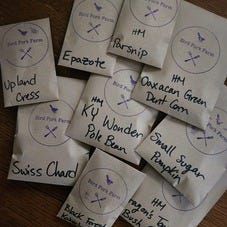
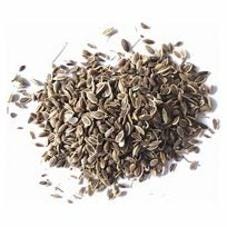
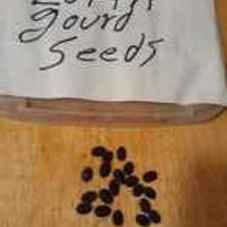
The Sewanee library is not just a library for books, but seeds as well. Talk about multi-media! Their mission is to “cultivate a more sustainable and connected community” through sharing diverse, organic and regionally-grown seeds. Their seeds are free and open to everyone. Check out more here.







